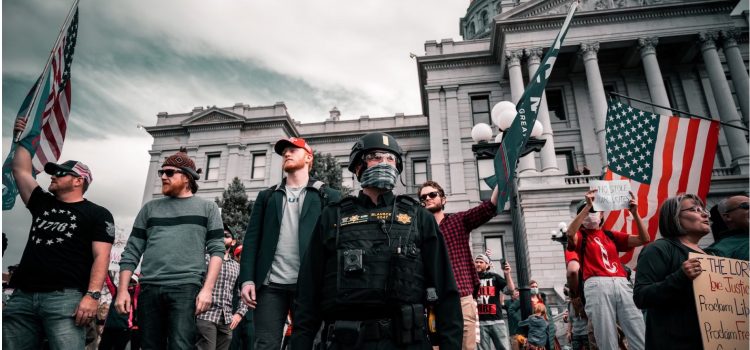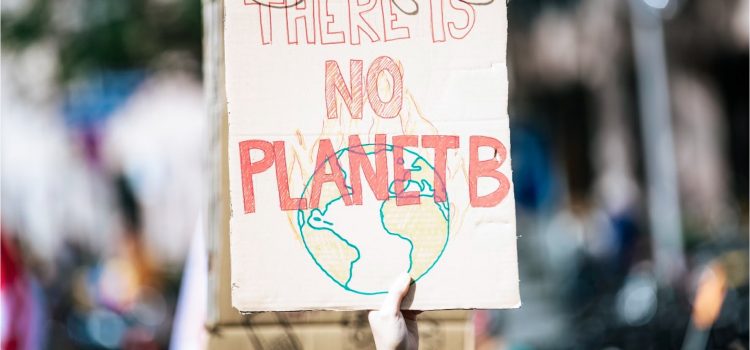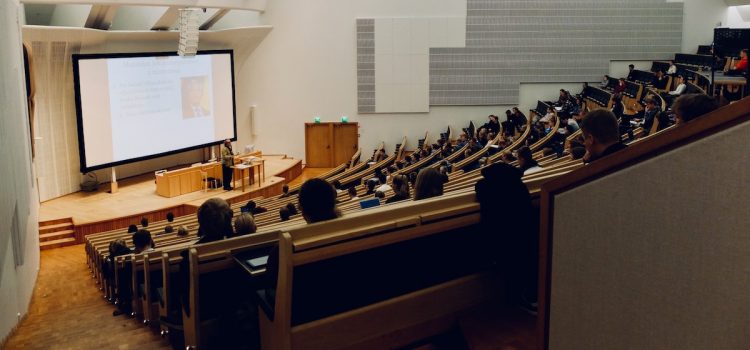Why are people concerned that the end of democracy might be near? What’s causing the “democratic recession”? According to experts, some of today’s world leaders are beginning to chip away at democratic norms. Labeled as authoritarians, these leaders threaten to end democracy by feeding into societal dissatisfaction with the political climate. Keep reading to learn why the end of democracy could be on the horizon and what the future holds.
How Elected Authoritarians Threaten the End of Democracy










